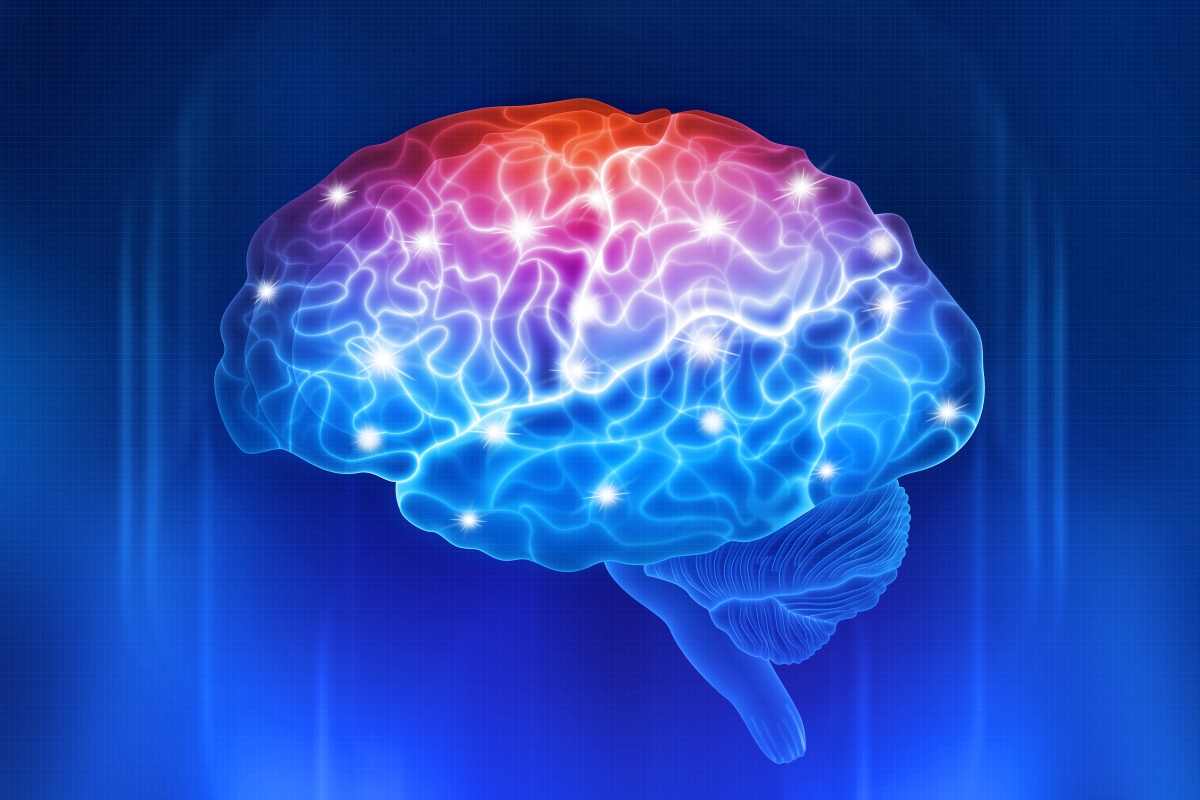An intestinal sphingolipid confers intergenerational neuroprotection


The CNP Diet and Brain Research Category consolidates research exploring the interdependent relationship between dietary intake and the brain. To view each original study on the open internet, click “Original.” To view the CNP-written abstract summary, click “CNP Summary.” While only some of the CNP-written abstract summaries are available below for free, all abstract summaries are available to CNP members through the CNP Library Membership.

Consumption of a Western diet (WD) during early developmental stages is linked to memory problems, particularly affecting processes reliant on the hippocampus (HPC). To explore the neurobiological reasons behind this, Hayes et al. (2024) established a rodent model where early exposure to WD led to enduring dysfunction in the HPC. Rats were given either a cafeteria-style WD with unrestricted access to high-fat/high-sugar foods (CAF) or standard healthy chow (CTL) during their juvenile and adolescent phases (postnatal days 26–56). Behavioral and metabolic assessments were conducted before and after a period of healthy diet intervention starting in early adulthood. The results showed persistent deficits in contextual episodic memory in CAF rats, indicating HPC involvement. Since disrupted acetylcholine (ACh) signaling in the HPC is associated with memory problems, the authors examined ACh-related protein markers in CAF and CTL rats’ dorsal HPC (HPCd). Lower levels of vesicular ACh transporter protein were found in the HPCd of CAF rats compared to CTL rats, suggesting chronically reduced ACh levels. Using an intensity-based ACh sensing fluorescent reporter (iAChSnFr) in vivo fiber photometry targeted at the HPCd, the authors discovered that ACh release during object-contextual novelty recognition was strongly linked to memory performance and was impaired in CAF rats compared to CTL rats. Neuropharmacological experiments demonstrated that infusion of an alpha 7 nicotinic ACh receptor agonist into the HPCd during training restored memory deficits in CAF rats. Overall, these results highlight a functional relationship between early WD consumption and persistent dysregulation of HPC ACh signaling, providing insight into the mechanism underlying WD-related memory issues.
An intestinal sphingolipid confers intergenerational neuroprotection
Longer-term mixed nut consumption improves brain vascular function and memory: A randomized, controlled crossover trial in older adults
Critical role of lateral habenula circuits in the control of stress-induced palatable food consumption
CNP Research Summary can be found in the CNP Library Membership
Vitamins and minerals for energy, fatigue and cognition: A narrative review of the biochemical and clinical evidence
Diet and mental health: Review of the recent updates on molecular mechanisms
CNP Research Summary can be found in the CNP Library Membership
Dietary magnesium intake is related to larger brain volumes and lower white matter lesions with notable sex differences
Self-reported dietary intake of potassium, calcium, and magnesium and risk of dementia in the Japanese: the Hisayama Study
CNP Research Summary can be found in the CNP Library Membership
Habitual daily intake of a sweet and fatty snack modulates reward processing in humans
Lateral hypothalamic area neurotensin neurons are required for control of orexin neurons and energy balance
CNP Research Summary can be found in the CNP Library Membership